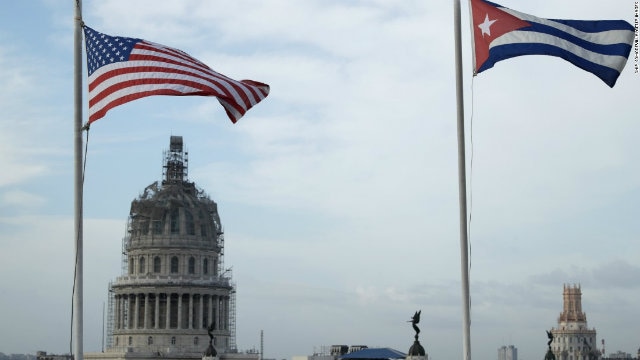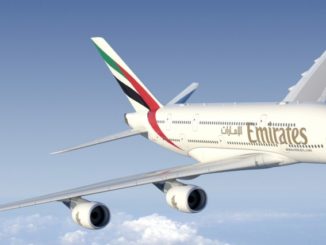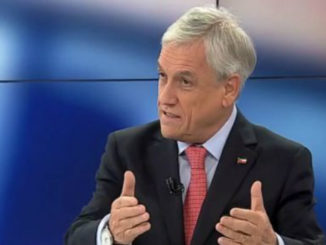
WASHINGTON – The United States has announced greater restrictions for Americans interested in doing business with Cuba and traveling to the Caribbean island.
The tighter restrictions on U.S. travellers to Cuba will go into effect on Thursday (Nov 9), officials said, almost five months after President Donald Trump vowed to crack down.
The State, Commerce and Treasury departments announced Wednesday the adoption of ‘coordinated actions’ to implement the document signed by President Donald Trump on June 16 in Miami, Florida, which included vetoing Americans to make transactions with more than 180 entities of the Caribbean nation.
It also requires that all non academic ‘people-to-people’ educational trips be conducted under the auspices of an organization that is subject to the jurisdiction of the United States.
“The U.S. has issued an export ban against entities tied to Cuban military, intelligence and security services while attempting to avoid damaging existing economic and tourism ties,” the Treasury Department said on Wednesday.
“We have strengthened our Cuba policies to channel economic activity away from the Cuban military and to encourage the government to move toward greater political and economic freedom for the Cuban people,” Steven Mnuchin, treasury secretary, said in a statement.
The Treasury released the new regulations on Wednesday, publishing a list of banned entities under a new “Cuba Restricted List”, in a bid to realize Mr. Trump’s instructions. The moves stop short of squashing business and tourism and include several exceptions. It said the U.S. is maintaining opportunities for Americans to “engage in authorized travel to Cuba and support the private, small business sector in Cuba”.
Much of the half-century-old U.S. economic embargo against Cuba remains entrenched in law, but under former president Barack Obama, federal authorities began to loosen some rules. Ties had begun to warm, and in 2015 the countries’ exchanged ambassadors for the first time since 1961.
In June this year, President Donald Trump ordered a clampdown on transactions with Cuba, rolling back a two-year rapprochement initiated under the Obama administration that attempted to unpick a long-running embargo and move towards a permanent thaw in relations.
Under the directives, Americans will be forbidden from doing business with entities on a State Department list headed by the Cuban defense and interior ministries.
Also on the list are five major holding companies with ties to Raul Castro’s government or military, and which between them control much of the organized tourism sector.
The list goes on to list dozens of major hotels in Havana and several resorts, along with five Caribbean marinas, ten stores in touristy Old Havana and industries serving the military. Two rum distilleries are on the list, along with a shopping mall, a photo developer and a real estate broker.
U.S. considers closing embassy in Cuba after ‘sonic attacks’
In recent months, U.S. diplomats stationed in Cuba have suffered mysterious hearing losses that State Department attributed to deliberate actions. The U.S. told Cuba to recall 15 diplomats in October – representing about 60 per cent of its D.C. mission – after it withdrew 60 per cent of its own diplomatic personnel due to sonic attacks. Cuba strongly denies any involvement in the attacks.



